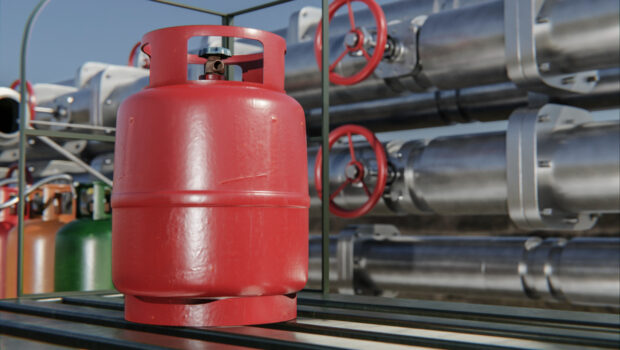Don’t be a gastrot! Gas Safety Certificate Guide
Owning a home is a life-long responsibility. From leaky faucets to stray squirrels in the attic, there’s always something that needs your attention. But when it comes to gas safety, ignoring warning signs can have disastrous consequences. This is where the Gas Safety Certificate (GSC) comes in, your brave knight in shining armor (or should we say your glittering gas valve?)
What is a Gas Safety Certificate?
Think of GSC as a superhero cape for your gas appliances. A qualified gas safety technician will visit you and carry out a comprehensive inspection to make sure your cooker, boiler or fireplace is working properly and safely. These will typically include:
- X-Ray Vision: We carefully inspect your devices for hidden leaks, damage and signs of wear.
- Debilitate drive field: We test your deplete to guarantee legitimate combustion and secure evacuation of poisons.
- Execution Test: We make beyond any doubt your gear works productively and spares you cash within the long run.
Why do you wish GSC by your side?
An effective GSC is about more than just following the rules (although rules are important). That’s why home security fit for a superhero is a given:
- Avoid Carbon Monoxide Disasters: Faulty gas appliances can release silent but deadly carbon monoxide. GSC detects potential problems before they become serious, preventing gas leaks and protecting your family.
- Peace of Mind: Knowing your gas appliances are in top condition gives you the ultimate superpower: Peace of Mind. Now you can relax and enjoy the warmth and comfort of gas without having to worry all the time.
- Legal Leaping Lizard: In many areas, landlords are required by law to have a valid CGC for their rental properties. The GSC demonstrates your commitment to your tenants’ safety and makes you a real hero.
- Avoid insurance dead ends: A valid CGC is required for some buildings insurance policies. Don’t ignore this important document, or you risk being left behind.
How to Decode a Gas Safety Certificate:
GSC is like a secret decryption ring packed with valuable information: Qualified Technician: Details of the qualified Gas Safety Engineer who carried out the inspection.
- Power Station on Premises: The address of the premises being inspected.
- Inspection Fascination: The date the inspection was carried out.
- Appliance Assembly: A list of all the gas appliances inspected in your home.
- Pass or Fail Fanfare: The test results for each device.
- Fix 5: Details of errors found and recommended actions to fix them.
- Expiration Quiz: The date the GSC will expire (usually valid for one year).
Stay safe between inspections:
While GSC is a powerful tool, it is not a one-time solution. Here are some additional tips for maintaining ongoing gas safety in your home:
Schedule regular inspections: Aim to have an annual inspection by a registered gas safe engineer . Don’t wait for your CGC to expire before taking action.
DIY Fire safety: Do not attempt to repair gas appliances yourself. Leave it to a qualified professional to ensure your safety.
Warning sign detectives: Look for unusual smells, flame discolouration or soot stains around the appliance. If you suspect a gas leak, turn off the gas supply immediately and evacuate the area. Then contact a gas safety engineer.
Gas Safety Certificate is more than just a piece of paper; This is the key to a safe home. Don’t be a gas rebel. By understanding the importance of gas safety certification, scheduling regular inspections, and closely monitoring your gas appliances, you can transform your haven into an environment truly worthy of a superhero. Hero. Remember, a valid gas safety certificate is an investment that gives you peace of mind and the safety of your loved ones. Don’t delay, book your test now.
MORE Gas appliance safety tips:
Keep things clear: Do not store flammable materials around gas appliances or block vents.
Treat the stove professionally: Always turn off the button before cleaning the stove. Accumulation of food and grease spills can create a fire hazard.
Beware of DIY hazards: Gas work should only be carried out by a qualified gas safety technician. Leave complex repairs and installations to the professionals.
Second-hand meaning: If you buy second-hand gas appliances, make sure they have been inspected and serviced by a specialist gas safety technician before installation.
Remember, a little care and proactive maintenance can go a long way in preventing gas accidents: By following these tips and using a gas safety certificate, you will help keep your home safe and ensure the comfort and convenience of your gas appliances.
Live a life full of spirit!
This concludes our guide to gas safety certification. We hope this information will help you make informed decisions about gas safety in your home. For more information or to find a certified gas safety engineer near you, click here.
Cover Image: Freepik












